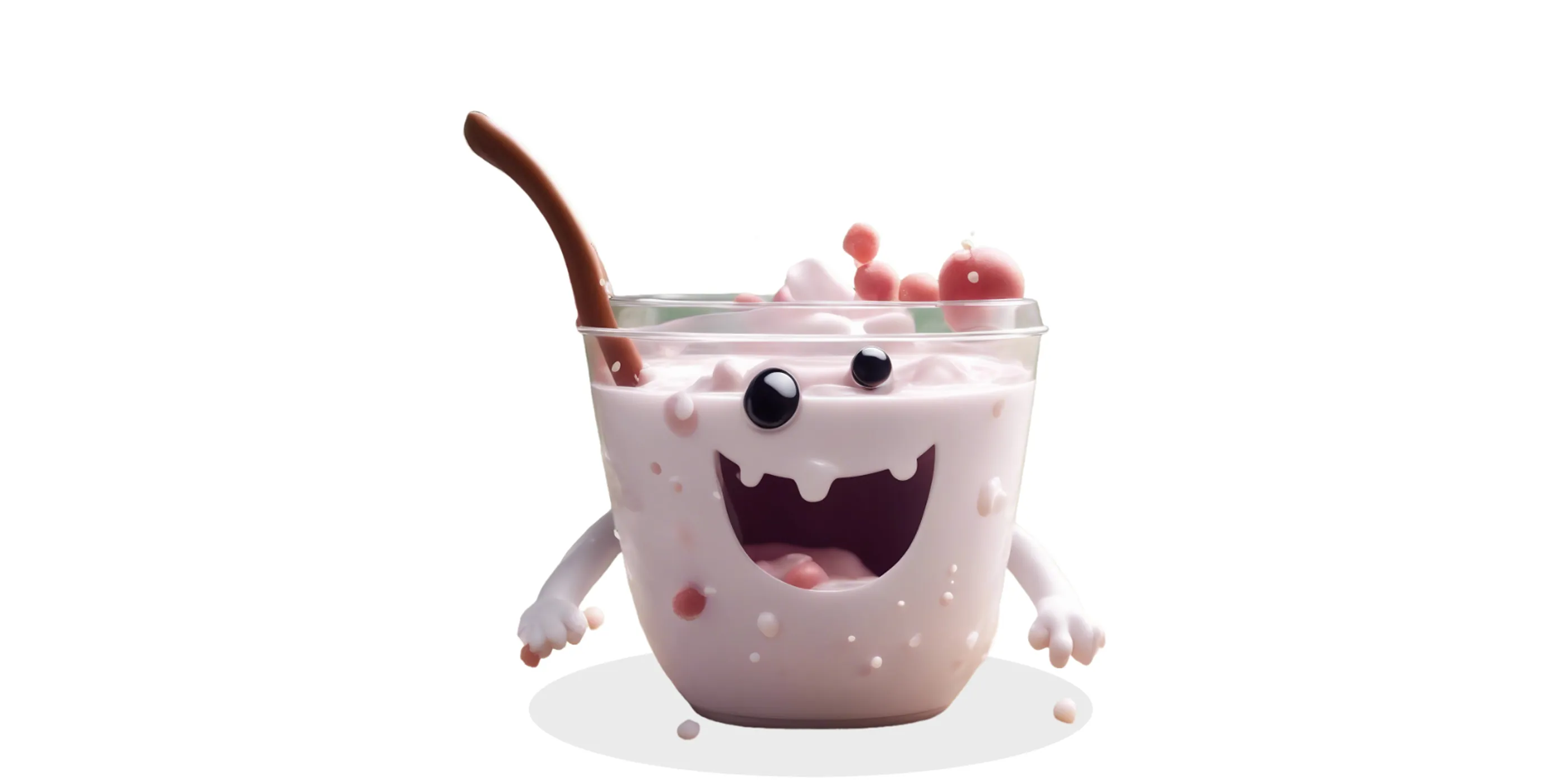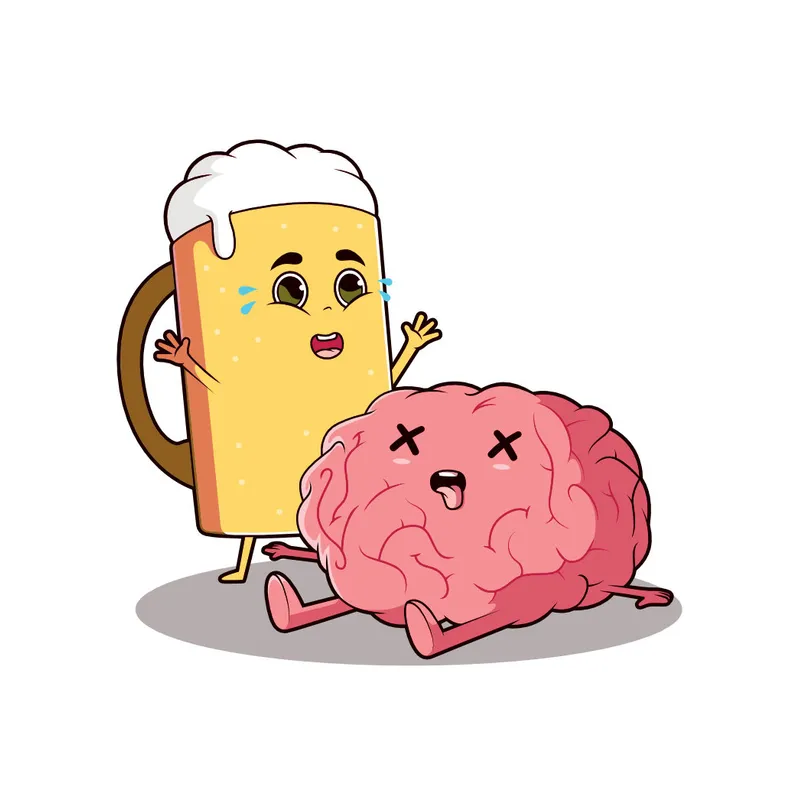Probiotics are beneficial bacteria that live in our guts, primarily in the large intestine. Research has shown that probiotics can be beneficial in treating conditions like anxiety, depression, and other mental health issues.
What are Probiotics?
Probiotics are microorganisms that are naturally found in the human body. They are live bacteria and yeast that can be found in foods like yoghurt, kefir, and kombucha. They help keep the gut healthy, aid in digestion, and help restore balance when recovering from an illness. As probiotics are regulated as food and not medicine, they can have many claims of their benefits without scientific verification.
How do Probiotics work?
The long and short of it is that when you are sick, you will have bad bacteria entering your body, and it is the good probiotic bacteria that will fight off the bad bacteria and restore a healthy balance in your body, making you feel better.
They are always working, though, and so will be keeping you healthy and avoiding illness without you even noticing. Probiotics are an essential part of your immune system; they help with digestion and keep your body in a healthy neutral state.
Normally, you don't even need to take supplements, as good bacteria is just a natural part of your body, and by eating a diet that is well balanced and fibre-rich, you will maintain a healthy good bacteria count.
Why and When to take Probiotics?
If you have a good healthy diet and you are not sick, then you probably don’t need to take a probiotic supplement as your gut should be healthy. However, if you are sick or regularly getting ill, have a stomach condition like irritable bowel syndrome (IBS), or are on a course of antibiotics, then probiotics may help.
Antibiotics are given when you are sick from bad bacteria. Unfortunately, they are oblivious as to whether they are destroying good or bad bacteria; they just kill them all. This means that after a dose of antibiotics, you are prone to getting ill again because you will have very little good bacteria defending your gut and maintaining that healthy balance. It is essential that if you are in a situation where you feel that probiotics may help, you check with a healthcare professional first. This way, you can find out what is really going on and whether probiotics could help your situation.
Sources of Probiotics
| Source | Strength/Benefit |
|---|---|
| Yogurt | High |
| Kefir | High |
| Sauerkraut | Moderate |
| Kimchi | Moderate |
| Tempeh | Moderate |
| Pickles | Moderate |
| Miso | Moderate |
| Kombucha | Moderate |
| Probiotic supplements | Varies |
| Greek yogurt | Varies |
The table is a generalisation of the levels as different sources can have varying strengths. For example; not all yoghurts would make it to the top of the list.
Why are Probiotic Supplements potentially not great?
There are so many probiotic products on the market, it is a huge multi-billion dollar business and whilst some have been tested not all have and so it is very difficult to know if what you are taking is actually any good. Primarily because, as I have mentioned earlier, probiotics are considered a dietary supplement and not a drug and therefore they do not come under the same monitoring and scrutiny that medicines do. Which really means that the claims made on the side of the jar are not always what you are getting, even to the extreme that they may not even contain the probiotics that are on the label at all.
It is always best to try and get your nutrients from real food where possible and not supplements, if that is not possible then it is good to do your research and get the advice from a professional to find out which supplements really do what they say they do.
How do Probiotics help with Mental Health
The mental health benefits from probiotics are more about what would happen if your gut and body are not in balance. Without the good bacteria working their magic, we are open to inflammation and ill health. If our gut is out of balance, there is a real link between the gut and mind where our mental health can suffer. This is known as the gut-brain axis.
A recent study published in JAMA Psychiatry wanted to find out the effects of probiotics on depression. The trial involved 49 adults with major depressive disorder taking antidepressants but with an incomplete response, who were randomised to either a multi-strain probiotic supplement or placebo daily for 8 weeks.
The results were promising, and as with a lot of studies, the results are not definitive, but do suggest that probiotics are worth studying further to see if they can be included as part of a treatment for depression.
Summary
If you are looking for a way to improve your gut health, boost your immune system, and aid with your mental health, then probiotics seem like a good move as part of a healthy lifestyle and diet.
Probiotics are not for everyone and, especially if you have been or are currently ill, you should always check with a health professional before embarking on a dietary change. Remember that good mental health will never be down to just a single solution, do not look at probiotics as the cure but more as a small part of the entire solution.












